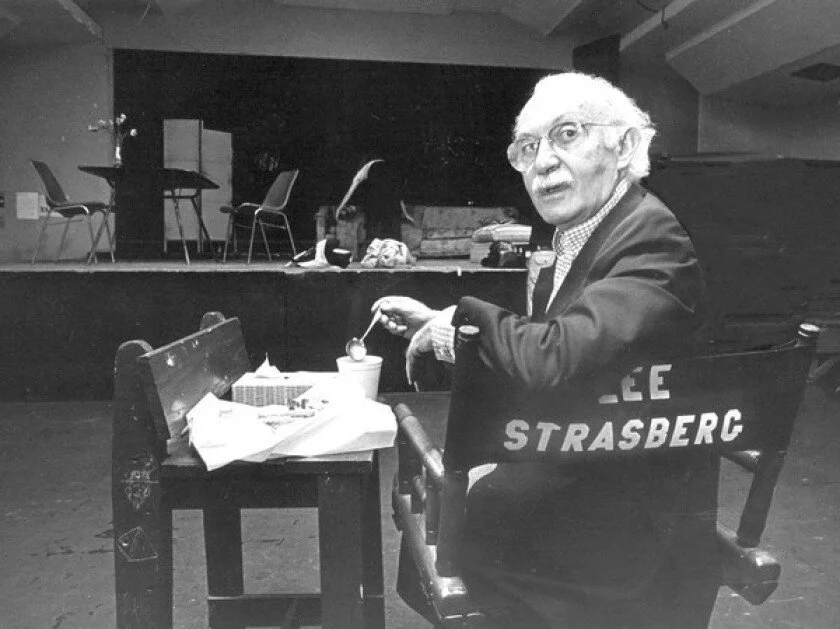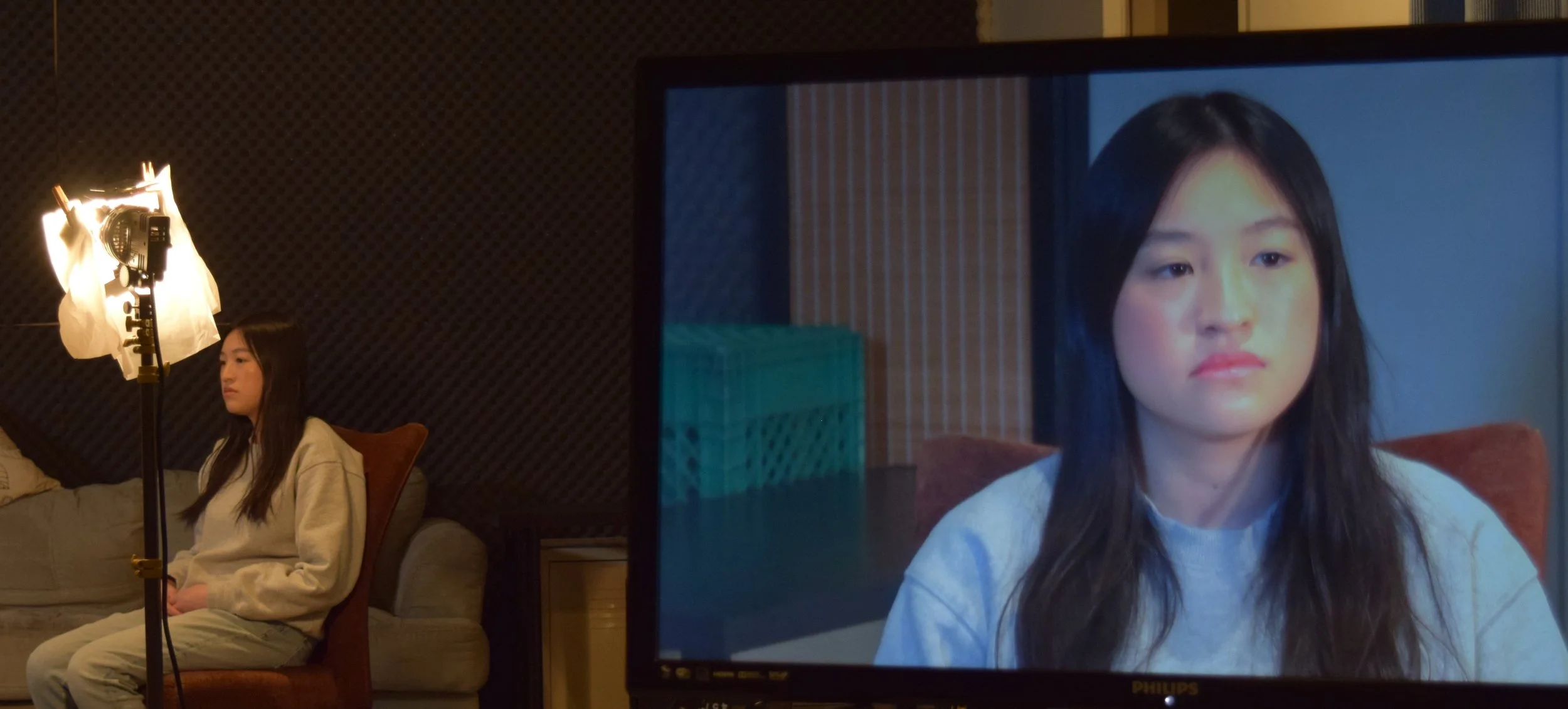Raising the level.
/Why do we coach and teach actors?
Is it for quantity or quality?
I have had the objective for many years to raise the level of acting for actors in Canada. That would be part of a nation-building project if such a project were being built.
What other goal can we have?
Our practice is guided by our outlook and our outlook is partly made up of goals. To have perspective is to ask: ‘Where am I going?’ It’s fine to be focused on getting actor A to have a good audition or to teach skills to acting class B, but this work is part of what? Is it individual?
Or part of a collective with common goals of excellence and quality.
Even if there is no collective per se at this time we can still have that as our aspiration. To raise the level of acting in Canada so as to help raise the level of film and theatre art. To have a goal that is on the high road of civilization.
In 1956 at the opening of the second season of The Actors Studio, Lee Strasberg said “…that we somehow here find a plan which should really contribute to the theatre, so that there should not only be the constant stimulus to your individual development…it should then actually contribute to the theatre. …The individual cannot do anything.” (From Strasberg at The Actors Studio – Tape recorded sessions.)
And George Hall, former director of the Acting Course at Central School of Speech and Drama said, “I believe that the fundamental reason for running a theatre school is a desire to improve the theatre, not just to provide service for a recognizable consumer group, that is, would-be actors. I also believe that one teaches well only out of a vision of the theatre and a certain amount of rage about the waste of talented people one encounters who haven’t found a way to realize their potential.” (From Masters of the Stage, edited by Eva Mekler, Grove Weidenfled, NY.)
From the individual actor, to the group of actors, to the company of actors, to the community of actors and then to the country of actors.
We who teach and coach actors should continue the discussion on the work. We should ask how the work can best be done under these current conditions. We should share our experiences, our techniques, our practices. We should discuss the content of plays and screenplays. We should embrace the pursuit of ideals.
And we should try to avoid competing by comparing numbers of students attending our classes.
What legacy do we want to leave behind?









